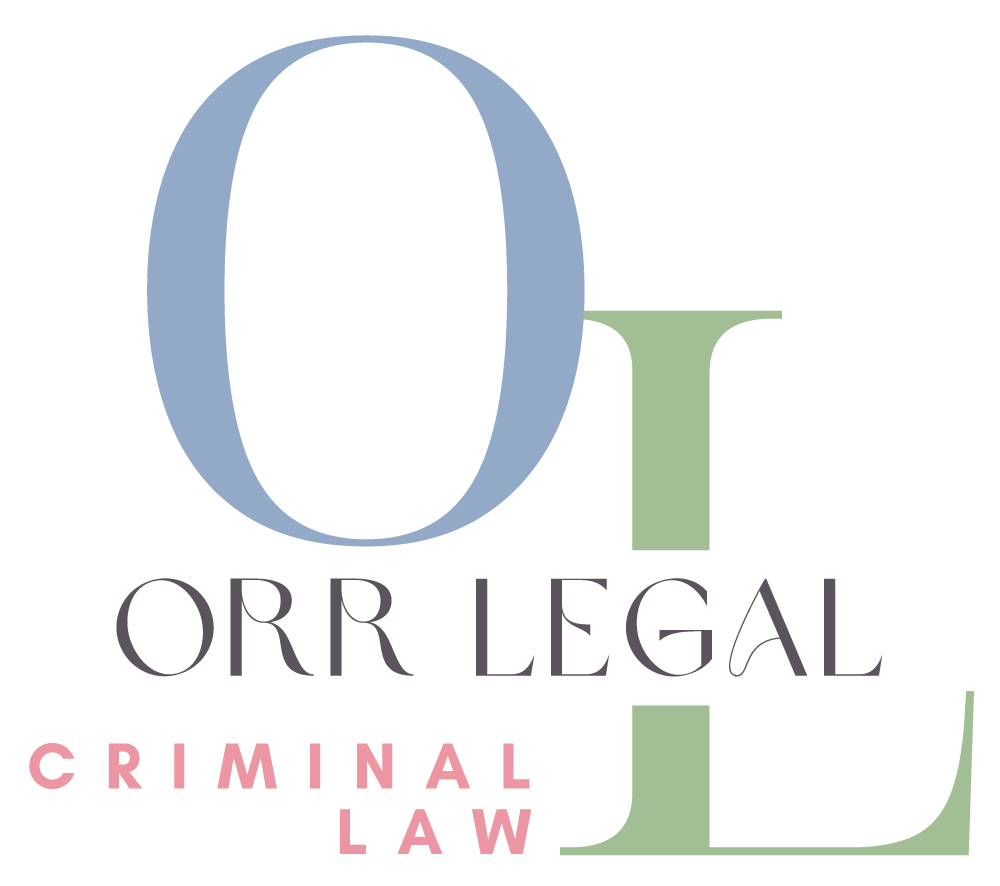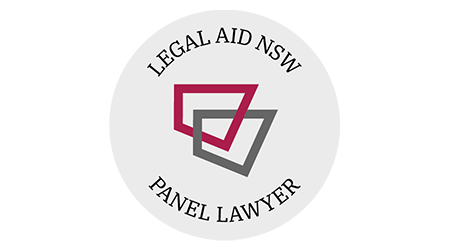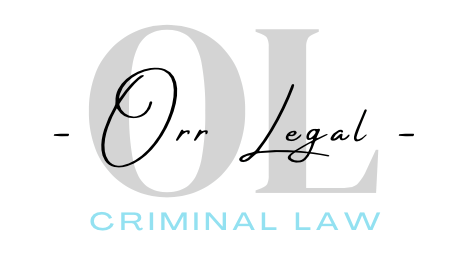In the legal landscape of New South Wales (NSW), Section 10 Orders play a pivotal role in the criminal justice system, particularly for first-time offenders and those charged with less serious offences. This blog post aims to explain the laws and statutes surrounding Section 10 Orders, what they entail, their implications, and the importance of having expert legal guidance from Nichole Orr and Orr Legal when navigating these legal matters.
What is a Section 10 Order?
Section 10 of the Crimes (Sentencing Procedure) Act 1999 (NSW) allows a court to dismiss charges against an offender without recording a conviction. This means that, while the court acknowledges the offence, it may choose not to impose a formal conviction on the individual. Section 10 Orders can be beneficial for those wishing to avoid the long-term consequences of a criminal record.
Eligibility for Section 10 Orders
The court typically considers several factors when deciding whether to grant a Section 10 Order, including:
- Nature of the Offence: Generally, Section 10 Orders are more likely to be granted for less serious offences or first-time offenders.
- Personal Circumstances: The offender’s age, character, past criminal history, and the circumstances surrounding the offence are taken into account.
- Guilty Plea: The offender usually needs to enter a guilty plea for the court to consider a Section 10 Order.
- Public Interest: The court will assess whether dismissing the charges aligns with the interests of justice and public policy.
Possible Outcomes of a Section 10 Order
If the court grants a Section 10 Order, the following outcomes may occur:
- Dismissal of Charges: The charges are dismissed, and the offender is not convicted.
- No Criminal Record: Since there is no conviction recorded, the offender does not have a criminal record, which can positively impact future employment and personal opportunities.
- Conditions of Release: In some cases, the court may impose specific conditions, such as attending rehabilitation programs or community service, although these conditions do not equate to a formal sentence.
Legal Framework and Statutes
Section 10 is outlined in the Crimes (Sentencing Procedure) Act 1999 (NSW). It is essential to understand how this provision operates within the broader context of sentencing laws in NSW, including:
- Section 10(1): Dismisses the charge without a conviction.
- Section 10(2): Allows for the imposition of conditions that the offender must meet.
- Judicial Discretion: Courts have significant discretion in determining whether to grant a Section 10 Order, making legal representation crucial.
Why Choose Nichole Orr from Orr Legal?
Navigating the complexities of Section 10 Orders requires expert legal guidance. Nichole Orr offers:
- Expertise and Experience: With extensive knowledge in criminal law, Nichole Orr provides tailored legal strategies that increase the likelihood of obtaining a Section 10 Order.
- Personalized Representation: Nichole and her team prioritize understanding each client’s unique circumstances, ensuring a compassionate and effective approach.
- Strategic Advocacy: Orr Legal will advocate vigorously on behalf of clients, presenting compelling arguments to the court in favour of a Section 10 Order.
Potential Consequences if Denied a Section 10 Order
If a Section 10 Order is denied, the offender may face:
- Criminal Record: A conviction will be recorded, leading to long-term implications for employment, travel, and personal reputation.
- Sentencing: The court may impose a range of sentences, including fines, community service, or imprisonment, depending on the offence.
Understanding Section 10 Orders and their implications is crucial for anyone facing criminal charges in NSW. Orr Legal, led by Nichole Orr, stands ready to provide expert legal advice and representation to help clients navigate this challenging process. If you need assistance with Section 10 Orders or other criminal law matters, contact Nichole Orr at Orr Legal today.










Leave A Comment
You must be logged in to post a comment.